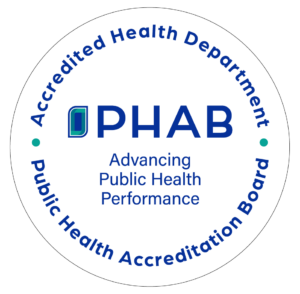Pregnancy is often a time of hope, anticipation, and joy. But for many families, it can also be marked by heartbreak and grief. Each year, thousands of families experience the devastating loss of a baby due to miscarriage, stillbirth, or infant death. These losses are deeply personal, yet they are also a public health concern—one that deserves recognition, compassion, and action.
Why Family Home Visiting Matters
Family home visiting programs are uniquely positioned to support families through the full spectrum of pregnancy experiences. Whether celebrating a new life or mourning a loss, home visitors offer a safe space for parents to share their stories, ask questions, and receive emotional and practical support.
· Early intervention: Home visitors can help identify risk factors for pregnancy complications and connect families to prenatal care.
· Grief support: After a loss, families often feel isolated. Home visitors can provide a listening ear, validate emotions, and guide families to counseling or peer support.
· Education and prevention: Through education on safe sleep, maternal health, and infant care, home visiting programs contribute to reducing preventable infant deaths.
Breaking the Silence
Pregnancy and infant loss remain taboo topics in many communities. Families may feel pressure to “move on” or may not know how to talk about their grief. Public health professionals can help break this silence by:
· Acknowledging loss in conversations and providing individualized care
· Creating space for remembrance and storytelling
· Advocating for policies that support bereaved families, such as paid leave and mental health services
Healing Through Connection
Healing after loss is not linear. It takes time, support, and community. Family home visiting programs can be a lifeline—offering continuity, compassion, and care. By honoring both the joy and the sorrow of pregnancy, we affirm the dignity of every family’s journey.
